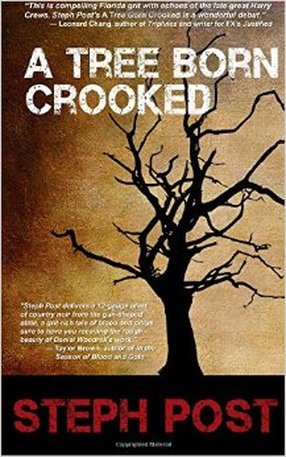 Not to come across like, TV is the new books, but I do believe that television has been the clearest window into popular culture for the past few decades. And I also believe that many of our would-be-best novelists are writing television—for multiple reasons, such as the immediacy of impact and the serial story-telling format. So in a “chicken-egg” scenario, TV reflects pop culture, which drives literature (or vice-versa). TV of the 90s gave us mopey Zeitgeists (Dawson), observational humor (Seinfeld), and lots of first world white guy problems (Dawson and Seinfeld). Some of the better books of that decade included Ghost World/High Fidelity, Naked (Sedaris), and Fight Club. Art imitating art imitating life, in some order. So as we move through the 2000s and into the “whatever we call these” (can we start saying teens yet?), we seem to be entering a Golden Age of television. I suppose Twin Peaks begat The Sopranos begat The Wire, but after the pinnacle of The Wire, quality TV exploded all over us. And with the rise of the anti-hero in TV, we have seen the rise of the anti-hero in literature—with influences bouncing back and forth between the two. One fun blog pastime, if you’ve been keeping up, is to play: If you like Mad Men, you’ll like Revolutionary Road … or The Walking Dead > The Enemy. With Steph Post’s debut novel, A Tree Born Crooked, we finally have our answer to, If you like Justified … A Tree Born Crooked tells the story of James Hart, who returns to Crystal Springs, Florida, to presumably bury his father. Instead, he gets pulled by the stained white tank top into his brother’s life of petty crime. James faces down the Alligator Mafia in an attempt to save his brother, Rabbit; and he faces down his hometown—back roads, chipped teeth, dirty whiskey glass, and all—in attempt to, at the very least, understand what it is he’s been running from since the day he came of age and bolted. Obviously, for fans of the show, the world Post creates is wonderfully similar to the Florida of the Crowes in Justified’s fifth season. But, more importantly, Post is doing several things here that good television does. First and foremost, she gives us a pitch-perfect anti-hero. James Hart has all the tortured, flawed, but charismatic touchstones of some of our TV favorites: a little Don Draper charm, a lot of the flippant attitude of Raylan Givens, and even a touch of Walter White’s desire set off a bomb within his own life. But there is something else in those shows and here in this wonderful debut novel. There is an embrace of genre. In TV, we have seen mystery, sci-fi, crime all handled with the care of a literary touch. In the wrong hands, Mad Men is a steamy, sappy soap opera. Similarly, in the wrong hands, A Tree Born Crooked is B-fiction ... a dime store novel of gritty characters playing dangerous games. But Post takes a crime novel and infuses it with her own literary touch. And, though it does contain a break-neck plot on par with Pelecanos and Burke, Post's debut is, at its heart, a gut-wrenching inner struggle between a pitch perfect anti-hero and his demons ... his crooked branches. What we are left with as readers is much like what we are currently all loving in the best television: we have a celebration of pure genre gold crafted by the literary hand of a truly great writer. Steph Post has written a beautiful book, and you should all immediately stop reading this and go read A Tree Born Crooked.
0 Comments
Leave a Reply. |
 RSS Feed
RSS Feed